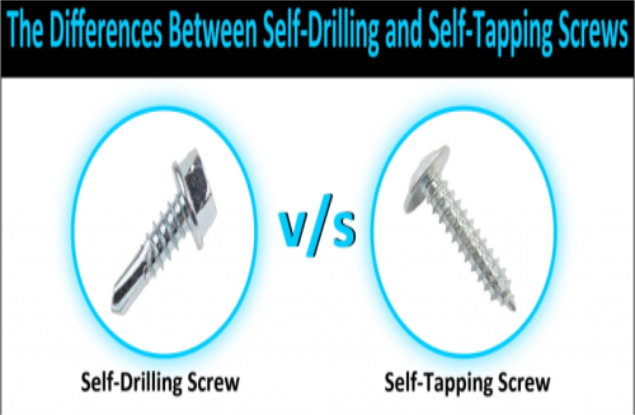wood screw vs self tapping screw factories
When it comes to fastening materials in construction and woodworking, two types of screws often come to mind wood screws and self-tapping screws. Both types play crucial roles in various applications, but they have distinct characteristics that make them suitable for different tasks. Understanding the differences between these screws can help manufacturers select the right screws for their projects and ensure long-lasting results.
Wood screws are specifically designed for use in wood, making them a preferred choice in carpentry and woodworking industries. They typically have a sharp, pointed tip that facilitates easy insertion into wooden materials. The threads on wood screws are coarse and often spaced further apart than those of self-tapping screws, allowing them to grip into the wood securely. Furthermore, wood screws may have a flat or rounded head, which provides a snug finish when countersunk. Their design minimizes the risk of splitting wood and ensures a strong hold, making them ideal for constructing furniture, cabinetry, and wooden structures.
On the other hand, self-tapping screws are engineered for a wide variety of materials, including wood, metal, and plastics. These versatile screws have unique threading that allows them to create their own hole as they are driven into a material, eliminating the need for a pre-drilled pilot hole. This feature makes self-tapping screws particularly favorable in applications where speed and efficiency are essential. They often have a sharp tip and finer threads, which aid in easy penetration and secure fastening across different substrates. Commonly used in metal fastening applications, self-tapping screws can be classified into two main types those that form a thread in the base material and those that cut through the material, providing secure anchorage.
wood screw vs self tapping screw factories

The choice between wood screws and self-tapping screws largely depends on the specific requirements of a project. For projects involving wooden components, traditional wood screws are often the better choice due to their design and subsequent performance. Conversely, for tasks involving metal or composite materials, self-tapping screws are indispensable for their unique ability to create threads as they are driven in.
In conclusion, understanding the distinctions between wood screws and self-tapping screws is essential for manufacturers and builders alike. Each type has its unique advantages and applications, contributing to the efficiency and durability of constructions. By selecting the correct screw for each job, professionals can enhance their work quality and ensure the longevity of their projects.
-
Top Choices for Plasterboard FixingNewsDec.26,2024
-
The Versatility of Specialty WashersNewsDec.26,2024
-
Secure Your ProjectsNewsDec.26,2024
-
Essential Screws for Chipboard Flooring ProjectsNewsDec.26,2024
-
Choosing the Right Drywall ScrewsNewsDec.26,2024
-
Black Phosphate Screws for Superior PerformanceNewsDec.26,2024
-
The Versatile Choice of Nylon Flat Washers for Your NeedsNewsDec.18,2024










